ambassadors
This weekend would have seen the 91st round of the North West 200, a spectacular nine-mile race that takes place on the rugged and stunning coastal roads of Northern Ireland. It’s one of the world’s fastest road races, with top speeds in excess of 200mph. Past walls, hedges and more than 150,000 fans. Some compare it to a mini Isle of Man TT. The man pulling it all together is Mervyn Whyte, the NW200’s event director. We gave him a call to see what goes in to putting on a race like this.
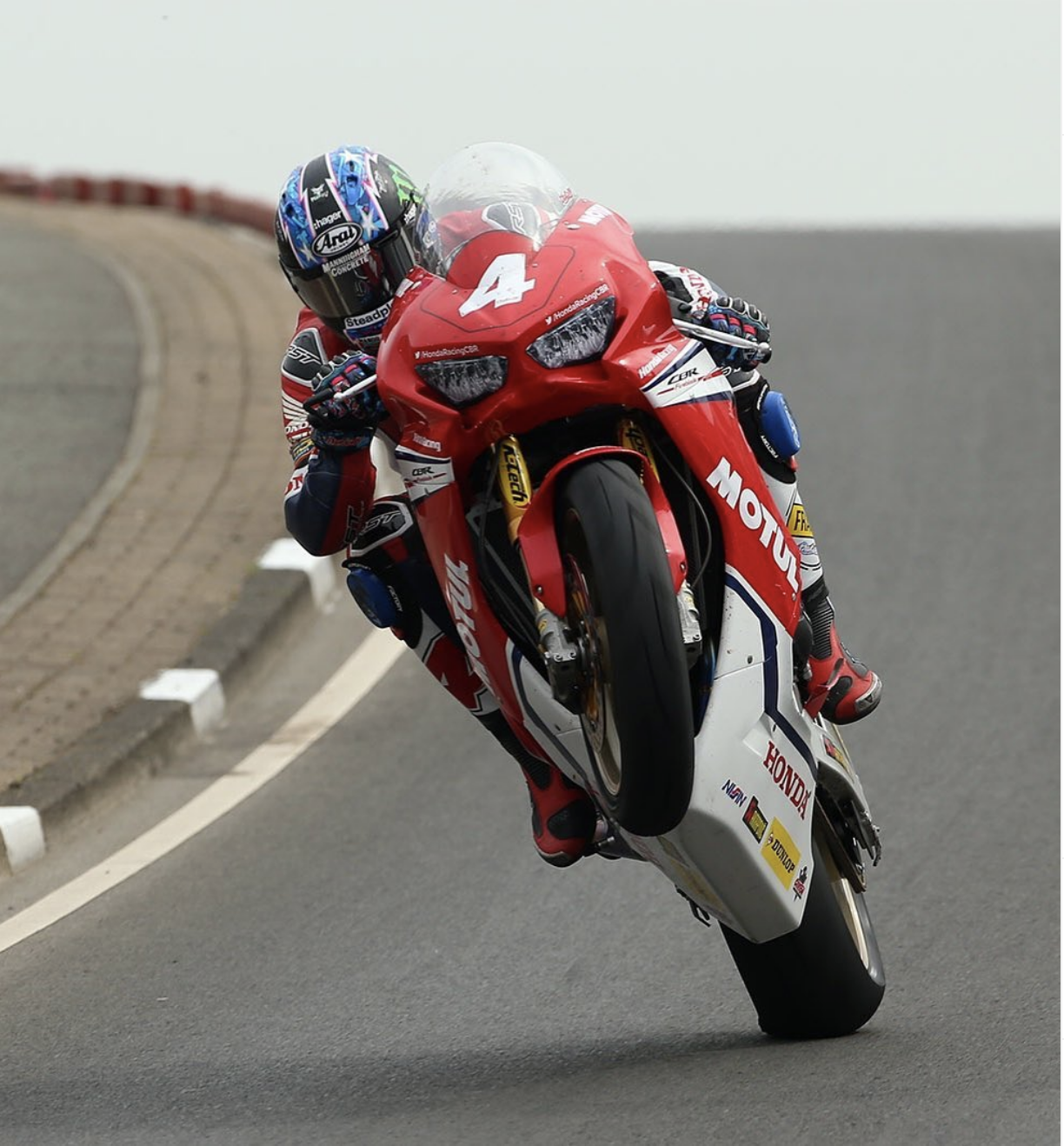
Mervyn, coronavirus has put a stop to lots of sporting events, not least the NW200
Yes, they’re not great times right now. We should have been finishing the practice sessions (when we talk on Wednesday). Sitting looking at the times and approving those at the stewards meeting. But it’s just not possible, and we’ve just got to live with it. We went through something similar in 2001 when we cancelled the event because of foot and mouth disease. But the NW200 came back the following year bigger and better.
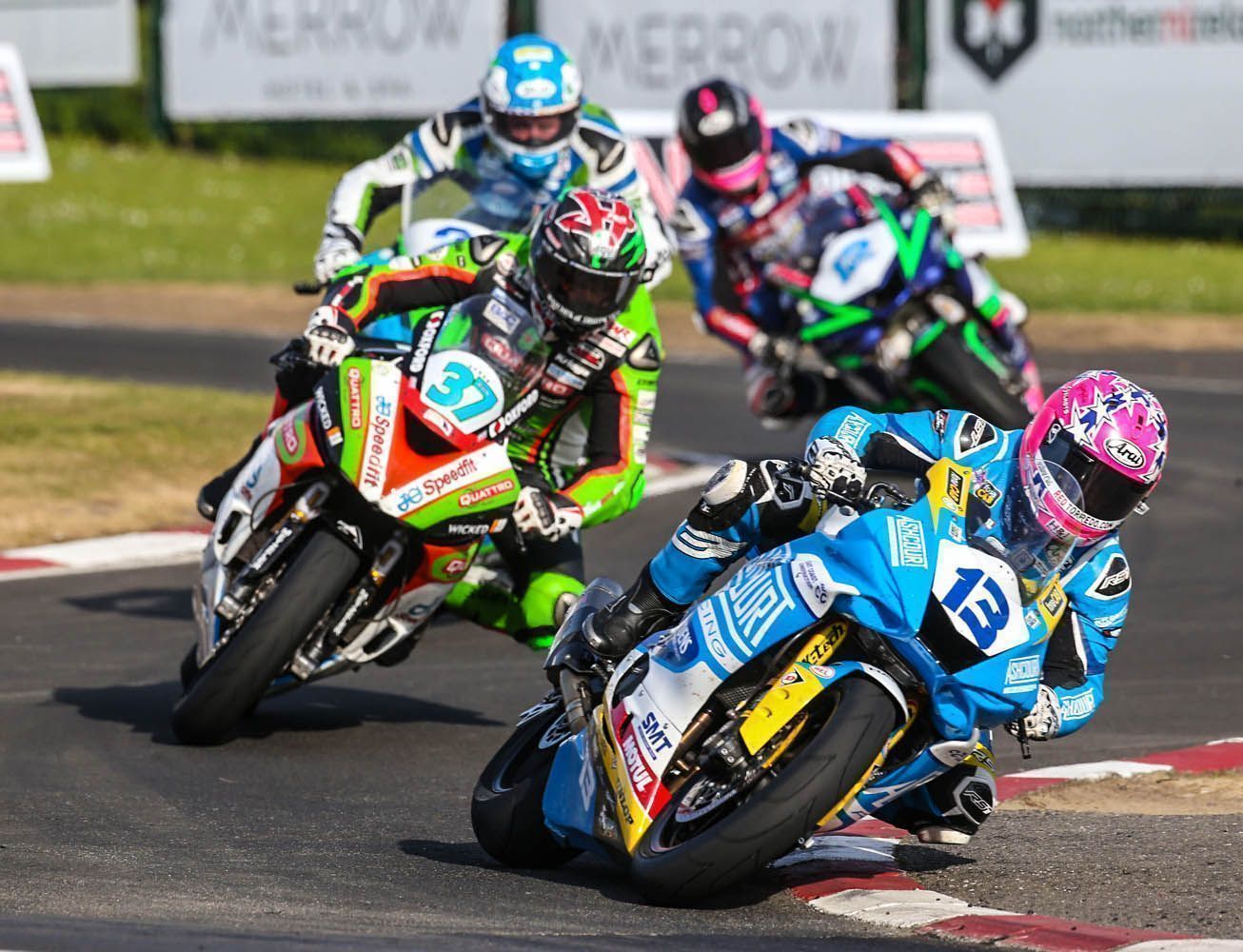
What makes the NW200 so special?
A number of things. The location is a big plus. You’re on the north coast. The scenery is fantastic. It’s a popular tourism area and there’s a lot of caravan sites. The NW200 is different to any other event in Ireland. It’s really family orientated. In fact, there are people who go to the NW200 who don’t go to any other motorcycle events. And, of course, a big plus is we’ve got the best competitors in the world. We also bring a lot of riders who don’t do any other road races. Guys like Jeremy McWilliams, Alastair Seeley, Glenn Irwin, Richard Cooper and James Ellison.
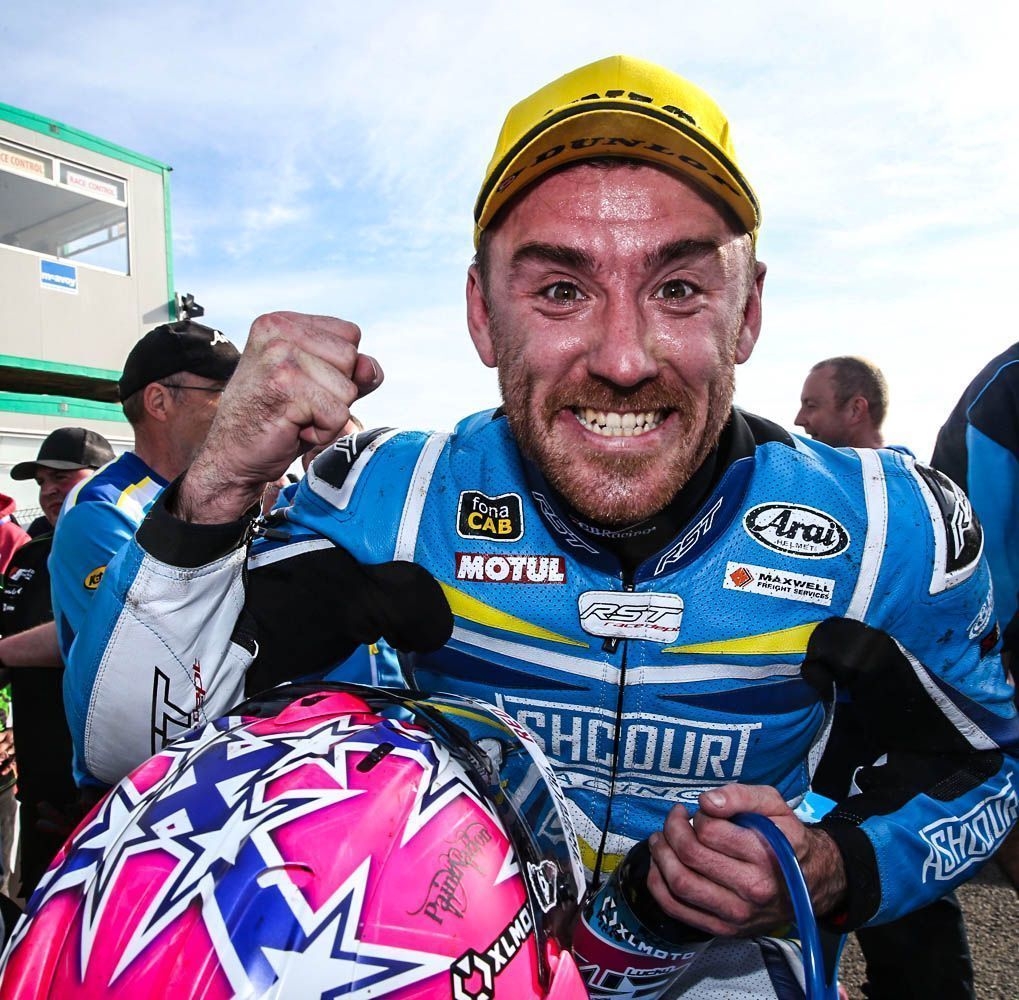
You’ve been involved in the NW200 for more than 45 years. How did you get started?
I first became involved in the NW200 in 1973 when they were looking for marshals. I just progressed from that. I started off at the bottom and worked my way up, from course set up to chief marshal to deputy clerk of the course, bringing the riders to the event and helping set it up. Then Billy Nutt, the former clerk of the course, retired in 2000 and I took over in 2001.
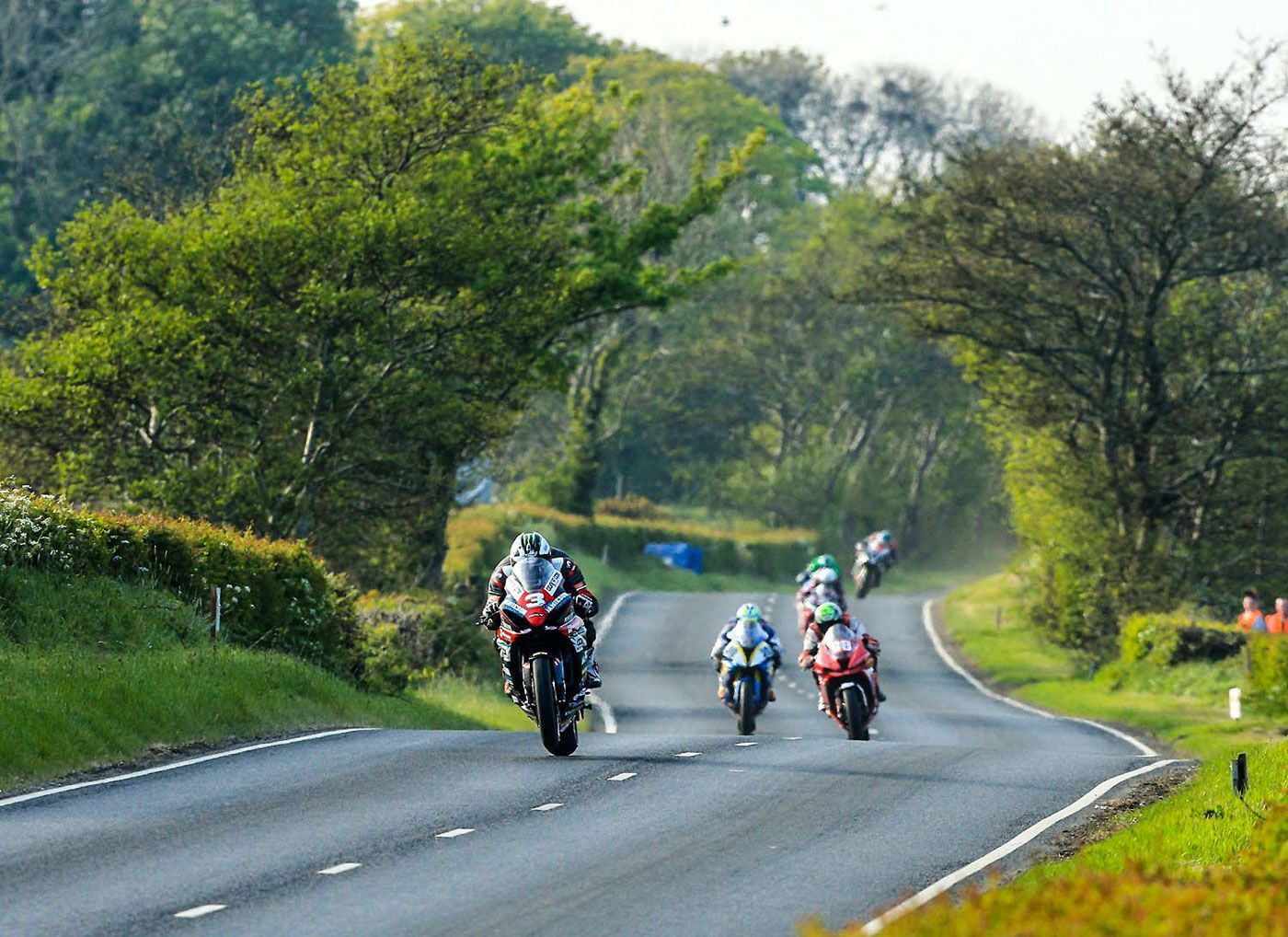
What does the event director do?
I’ve the overall responsibility for the whole event. There are three of us working on it on a full-time basis but during race week that number grows to roughly 800 people, from marshals to medical personnel. I carry the can at the end of the day for everything. It’s a full-time job and a year in the making.
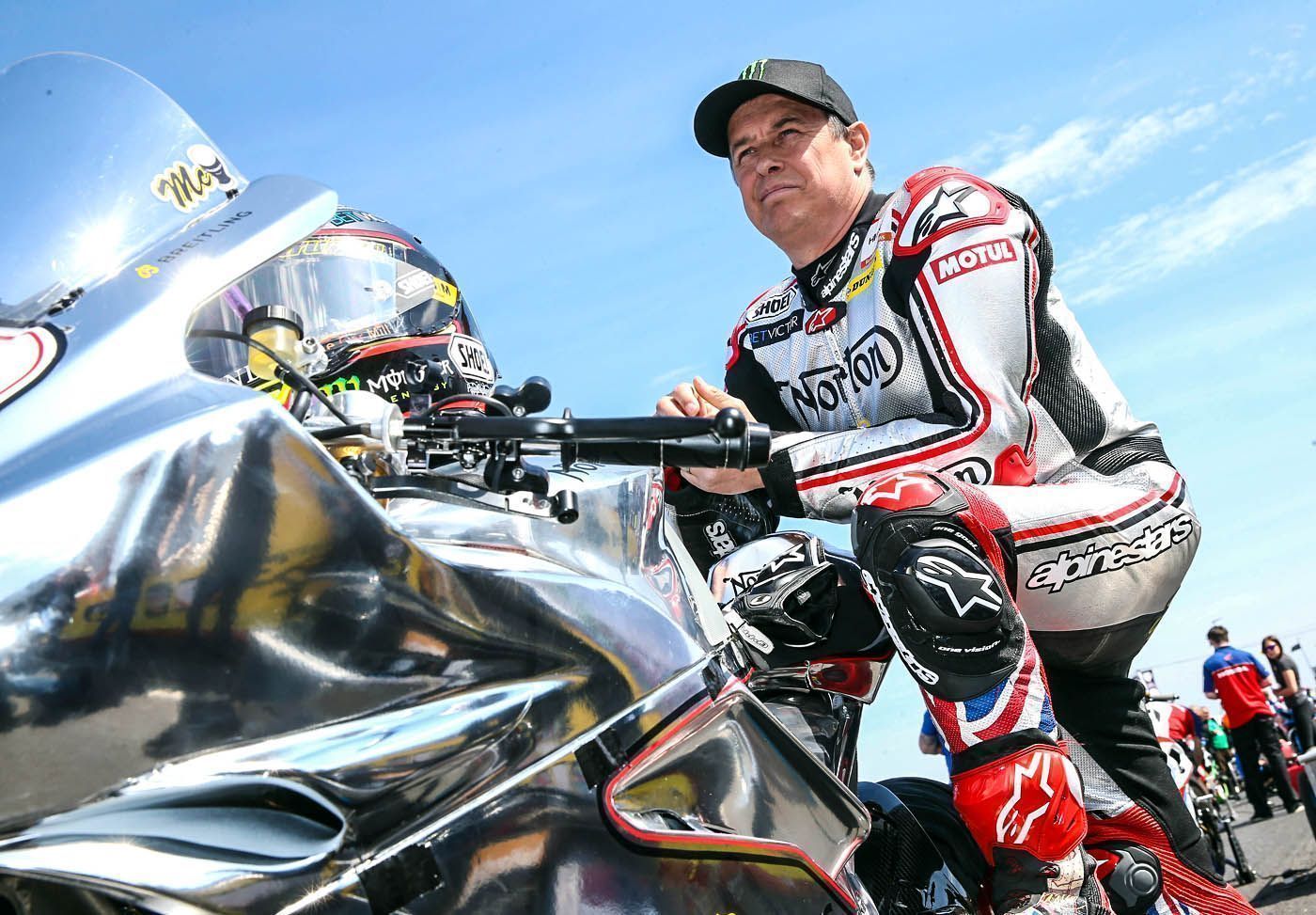
Organising a road race must be very different to putting on a circuit event. Is there a lot of red tape to get through?
There’s a massive amount of risk assessment to carry out. Then we have to get the regulations sorted. Are there any changes? What classes do we run? Getting those approved by the governing body. And then coordinating with the BSB rounds so we can get a free weekend where we can get the likes of Peter Hickman, Michael Rutter and John McGuinness.
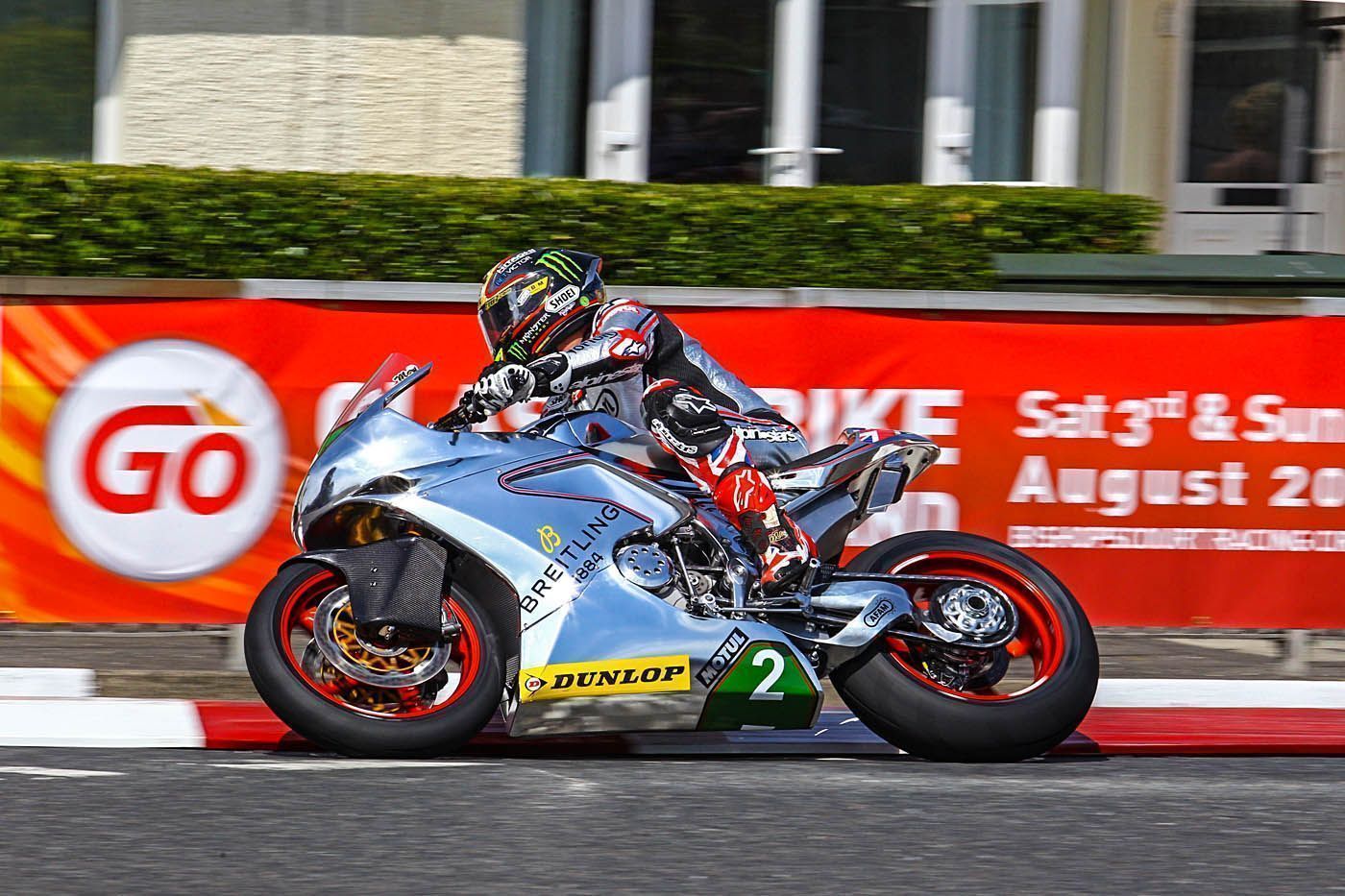
Every year I guess you learn something new. How does the race evolve, and has it become safer over the years?
It has. There’s no doubt about that. If we have an incident or a near-miss we review that over and over to see if we could make it safer. It’s an ongoing process. You don’t set up the course one year and say that’s fine. We’re risk assessing and reviewing all the time. We fence off all the areas and put up prohibitive signs. On the coast road, it’s all pedestrian barrier or security fencing.
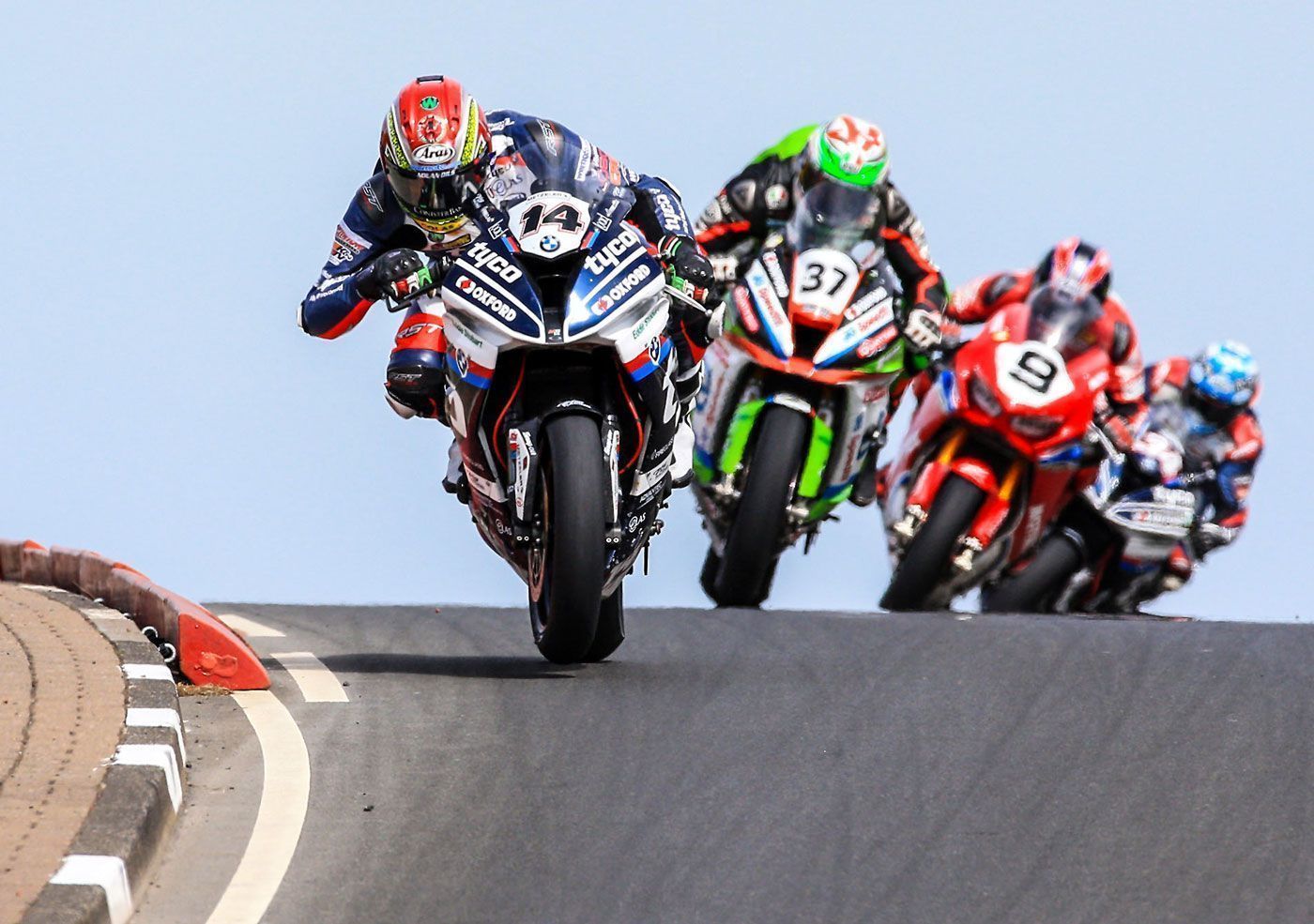
You must have made some incredible memories over the years? What are some of your standout moments?
I enjoy every year. I like it when it goes well. But I’ve had a lot of bad years, because of the weather and incidents. Probably one of my big moments was when I brought Carl Fogarty over in the early 90s and he won a couple of the superbike races. I like to see racers do really well, and Joey Dunlop’s success in the past is another. And the likes of Steve Plater, who’s had a lot of great success over the years. There’s been lots of really good times.
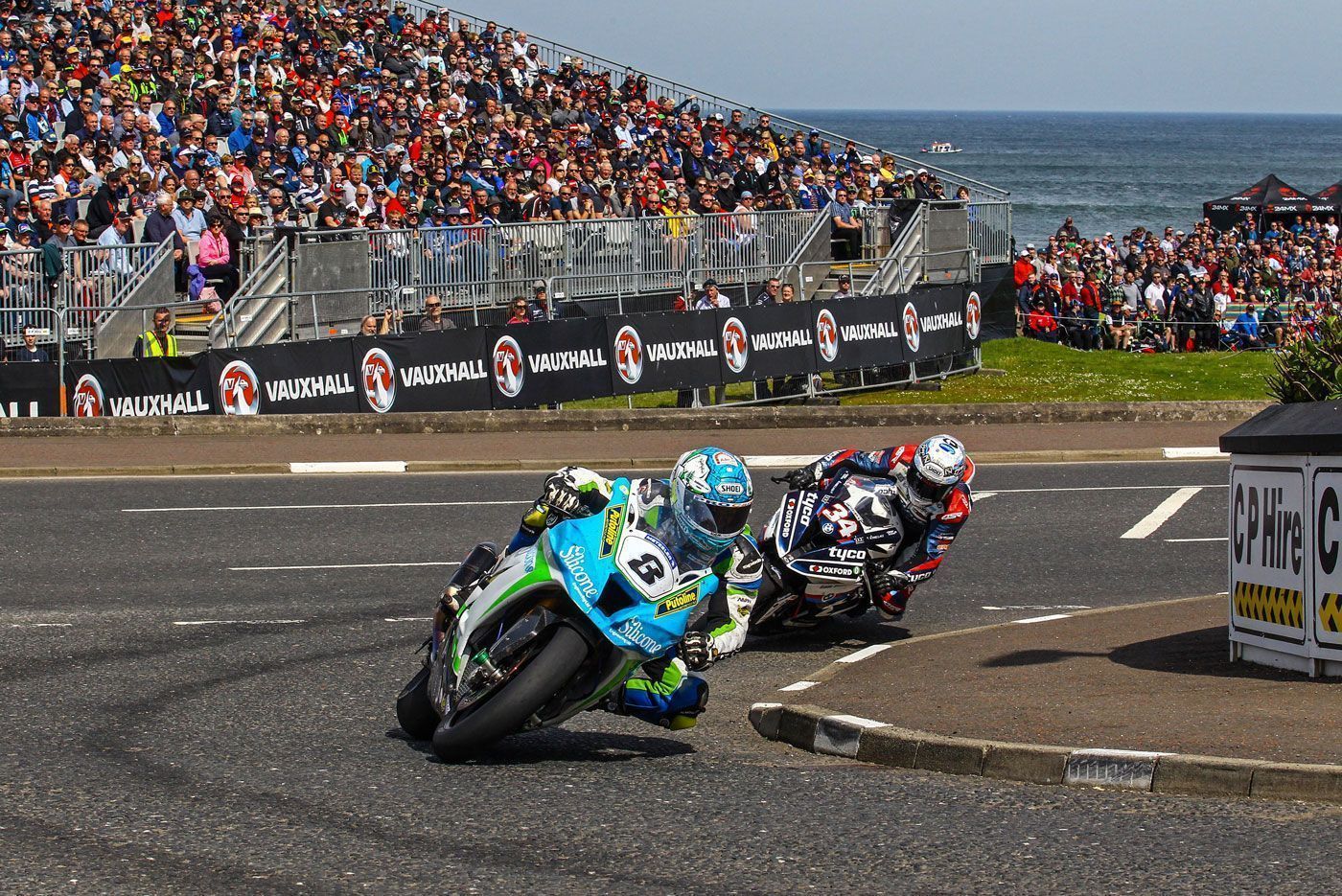
After the event, if it all goes to plan and they are no serious incidents, you must feel an incredible sense of relief
You’re on cloud nine. To me, good racing is everyone going home safe. Even if the weather isn’t all that good, if I can get everyone home safely my job’s done. But it’s a high-speed motorcycle race at the end of the day. It can be difficult at times. If the weather’s good and you get good racing, that’s the icing on the cake.
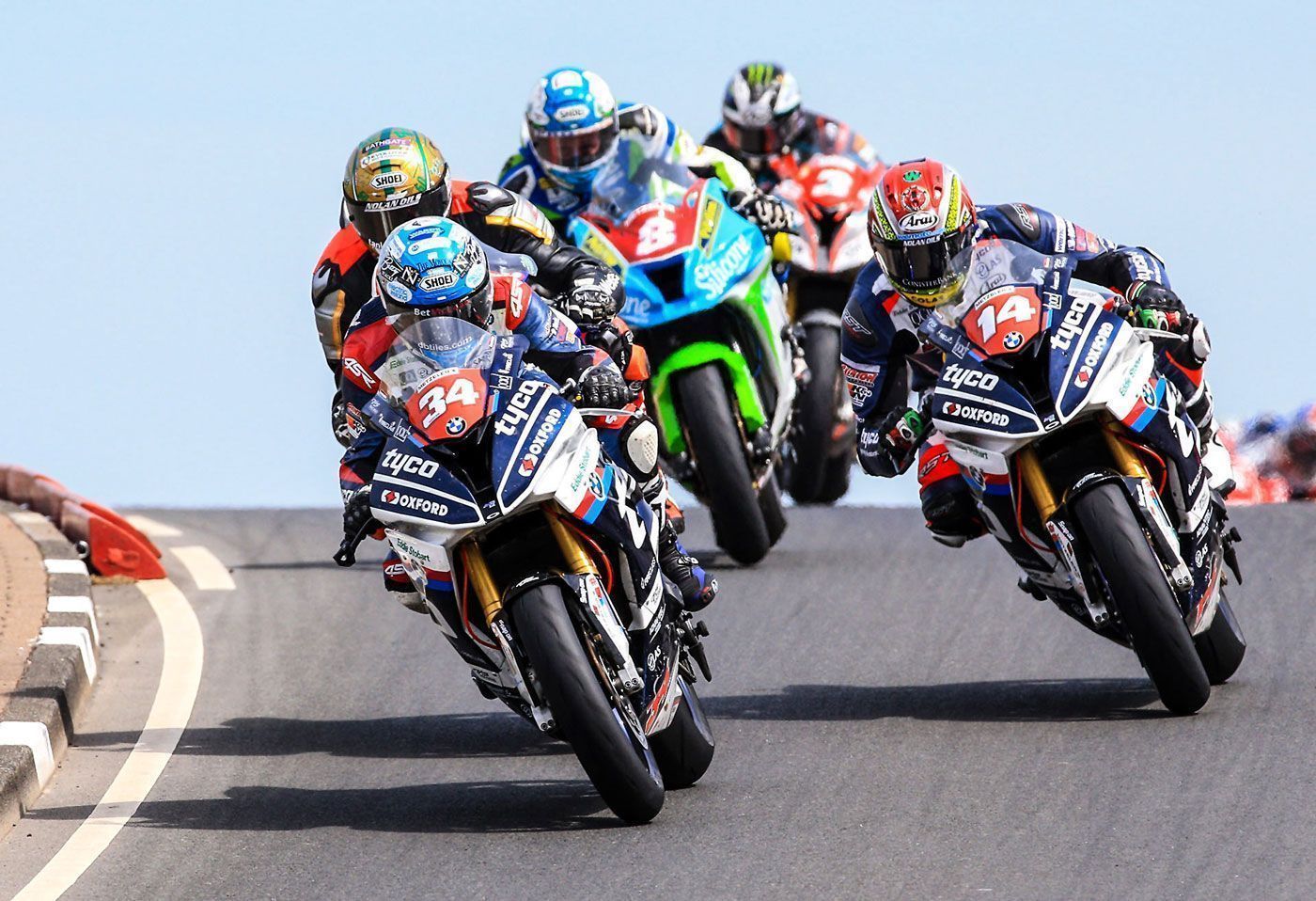
How does it feel to have a sponsor like Motul on board?
Motul has been a sponsor for a number of years. They are very good sponsors. All our sponsors help make the race happen. It’s a big plus for us getting a company like Motul to be involved in the NW. After all, it’s a free-to-view event. All we ask people to do is buy a grandstand seat, visit the paddock and purchase a programme.
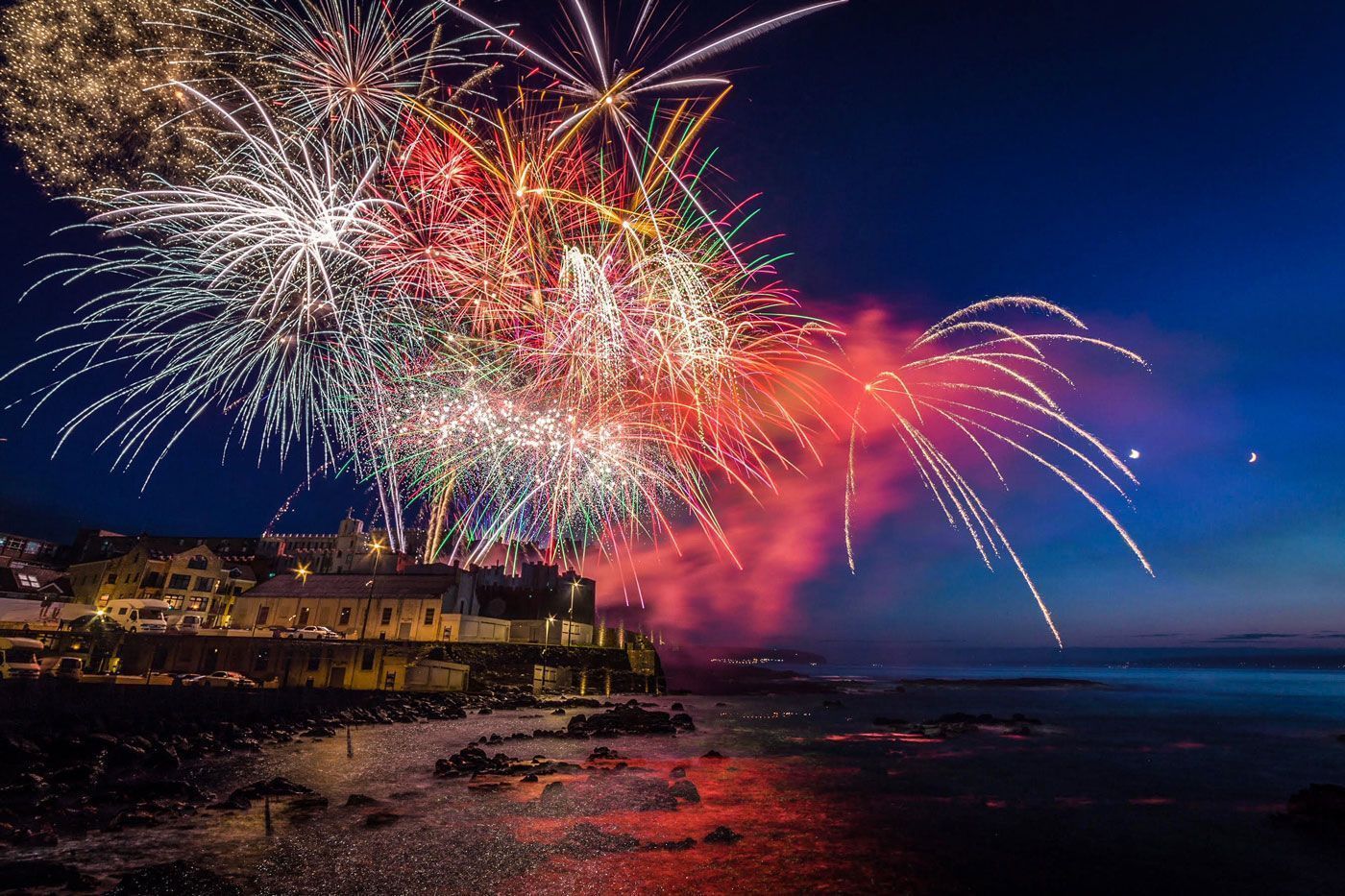
© Pictures: Rod Neill, David Maginnis/Pacemaker Press

